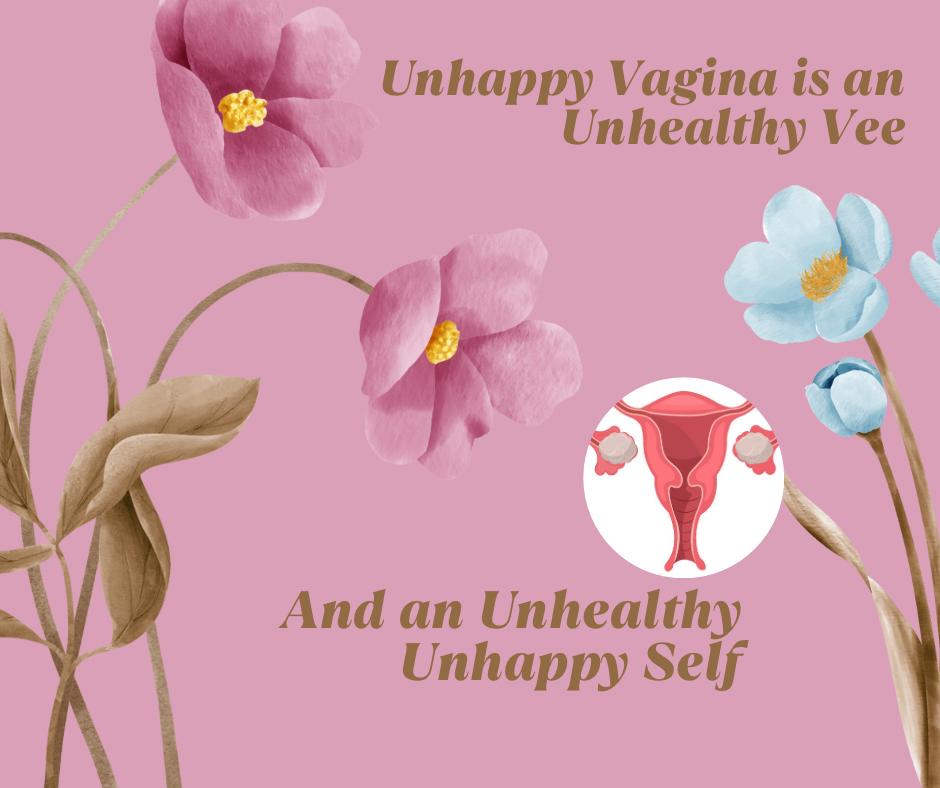What is COPD?
COPD is a lung disease in which the lungs are unable to function correctly and makes it difficult for one to breathe due to long-term damage.
There are two types of COPD – emphysema and chronic bronchitis. In emphysema, the air sacs in the lungs are slowly destroyed, obstructing air flow to the outside. Bronchitis causes inflammation and narrowing of the bronchial tubes, causing mucus to accumulate.
Many people in the world suffer from this disease without knowing it because it is not noticeable when it breaks out but only shows mild signs.
What can make me susceptible to this illness?
The cause of this disease is associated with smoking. People in their 40s who have been smoking for a long time – cigarettes, cigars, pipe smoking, and even secondhand smoking, i.e., inhaling the smoke of other smokers. Other causes may include exposure to harmful chemicals and smoke in the workplace. Dust and air pollution can also cause COPD. Genetic predisposition could also put you at risk of getting COPD if you have a family history of COPD. As a result, you are more likely to get COPD.
How do I know if I have COPD?
COPD is a silent killer; that’s the bad news. Many people with COPD have no idea they have the disease until it becomes severe and shows its ugly symptoms. COPD slowly damages your lungs and makes them harder to function. People with COPD find it hard to breathe. In the beginning, symptoms are mild and may not be noticed. You may think it’s normal to cough when you breath-in smoke or have a cold. If you currently smoke or are regularly exposed to passive smoke, primarily if you work in Clubs and places where people periodically smoke, watch out for these signs:
- Shortness of breath that occurs frequently, especially after physical exertion
- Recurrent coughing
- Having to clear your throat frequently, especially in the morning
- Refraining from physical activities.
As the disease progresses, you may experience:
- Shortness of breath, even when walking a few steps
- Wheezing – a kind of noisy breathing in higher tones, especially when exhaling
- tightening sensation in the chest
- chronic cough, with or without phlegm
- respiratory infections – like flu
- lack of physical stamina
- fatigue with insomnia at night
- swelling of the feet, ankles, or legs
- Loss of weight
Treatment and diagnosis
There is no test for COPD unless symptoms appear -another piece of bad news. This can only happen if you see a doctor because of your symptoms. Remember that symptoms can be mistaken for a cold or flu. Unfortunately, some people don’t see a doctor until the symptoms worsen.
- Genetic predisposition – if there is a family history of COPD.
- Spirometry – to assess lung function, you will be asked to take a deep breath and blow into a tube connected to a spirometer.
- Imaging tests – chest x-ray or CT scan- imaging of the chest with a detailed look at your lungs, blood vessels, and heart.
- Blood test – blood is drawn from your artery to measure your blood oxygen, carbon dioxide, and other vital levels.
Treatment options varies according to the severity of the condition. Consult your Doctor of you suspect symptoms.
The best treatment for COPD is to change your lifestyle. For example, changing your lifestyle can relieve symptoms, prevent complications, and generally slow the progression of the disease. If you are having a hard time, there are support services that can help you do this. For example, suppose you work in a club or factory exposed to secondhand smoke, dust, or chemical fumes; change jobs. Engage in physical activities. Talk to a health and nutrition coach for advice on a healthy eating plan.
Below are tips that can help you make lifestyle changes
Maintain a Healthy Diet
A healthy diet is good for staying healthy. With a nutritious diet, you will be stronger and able to handle your daily activities. Ensure you eat a diet rich in fruits and vegetables, grains, protein, and low-salt foods to avoid water retention and help you breathe easier.
Drink plenty of water.
Avoid alcohol, hot drinks, coffee, and processed beverages to avoid making the situation worse. Talk to your doctor if you want to drink limits.
Maintain a healthy weight.
Being overweight makes it harder for your heart and lungs to function properly. On the other hand, being underweight can weaken your system in fighting the disease. Therefore, a balanced diet and physical activities that help you maintain a healthy weight are essential.
Don’t eat like gluttony.
If you overeat, you may find it difficult to exercise and breathe freely. Take your time eating, don’t rush. Instead, eat in smaller bites, allowing time to chew and break it down. Don’t drink while eating, save your drink for last, and avoid drinks like alcohol or processed beverages.
Can you avoid COPD?
The answer is YES, and can it be cured? NO. COPD will be with you throughout your life. It can only be managed. Managing COPD depletes your income and cripples your family. A study on the social impact of COPD on patients says that people with COPD are less likely to receive emotional support from their families because they see the person as a burden, and the person’s social network diminishes. The person feels lonely and abandoned. The study says that people with COPD constantly blame themselves for their situation and suffer from guilt for their entire life. This leads them to have other mental illnesses, such as depression and anxiety, which can worsen their condition.
Celebrities you probably copy have the means and health insurance to care for themselves if they have this disease. They can afford caregivers to keep them company and help them through the condition, but that is no excuse for being a flawed role model for people who look up to them. For people without such insurance, the disease can be fatal, and the saddest time to live with constant discomfort accompanied by psychological, physical, and social pain until death.
If you are a smoker or a passive smoker, you are at risk for COPD or lung cancer. But you can prevent it by quitting now, indulging, and adopting a better lifestyle.


